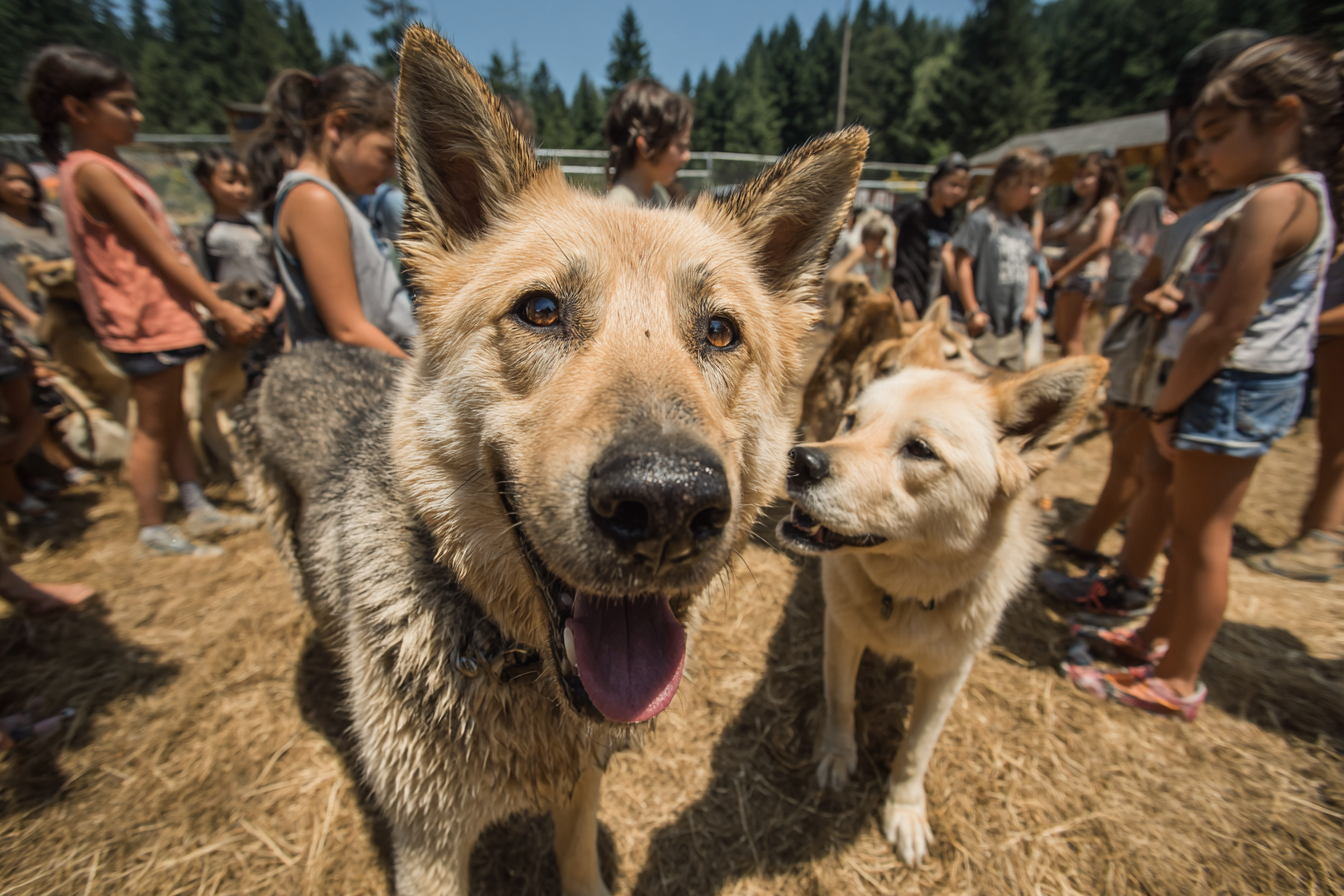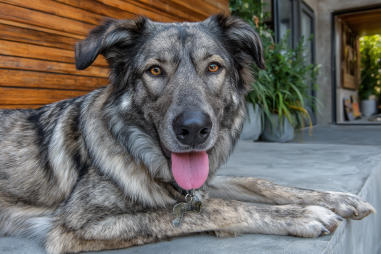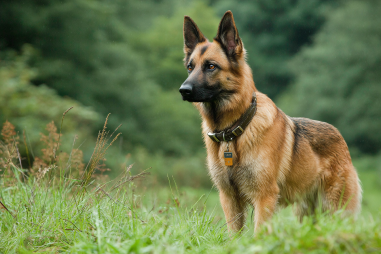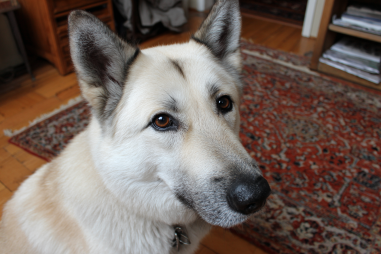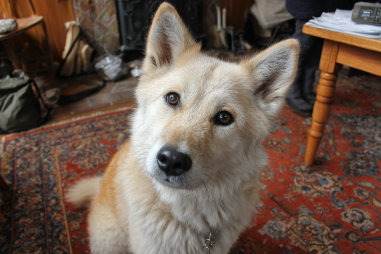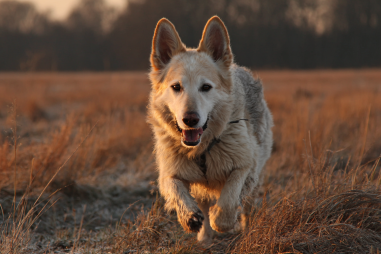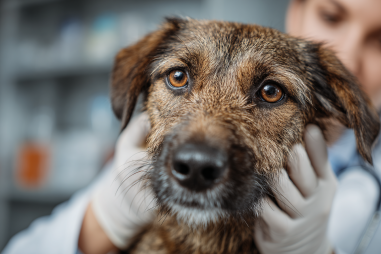Bringing a Chinook dog into your life offers the joy of a loyal, affectionate, and intelligent companion. Like all dogs, Chinooks thrive best when they are well socialized from an early age. Socialization is the process of introducing your dog to a variety of people, animals, environments, and situations in a safe and positive way. For Chinooks, who are naturally curious and intelligent sled dogs, proper socialization helps prevent behavioral issues, reduces fear and aggression, and builds a confident, well-adjusted pet. In this article, we will explore effective socialization tips tailored specifically for Chinook dogs to nurture a happy and balanced temperament.
The Importance of Socialization for Chinooks
Socialization plays a crucial role in shaping your Chinook’s behavior and emotional health. Without adequate exposure to different stimuli, a Chinook may become shy, fearful, or even aggressive. These outcomes can impact not only your pet’s quality of life but also your ability to enjoy a harmonious relationship with them.
Chinooks are known for their friendly and outgoing nature when properly socialized. Exposing your dog to a broad range of experiences early on allows them to develop confidence and the ability to cope calmly with new situations. This foundation reduces anxiety, inappropriate barking, and other destructive behaviors that often arise from fear or boredom.
Moreover, Chinooks are intelligent dogs who benefit from mental stimulation. Socialization provides opportunities for mental engagement and helps them learn appropriate social cues within their environment, which is essential for their overall well-being.
When to Start Socializing Your Chinook
The prime socialization period for puppies is between 3 and 14 weeks of age. During this critical window, your Chinook puppy’s brain is especially receptive to learning about new people, animals, sounds, and settings. Starting socialization during this period helps create positive associations that can last a lifetime.
However, socialization is not only a puppy phase. You can—and should—continue socializing your Chinook well into adulthood. Older dogs may need more time and patience to adjust, but it’s never too late to expose them to new experiences and help build their confidence.
Remember, socialization should be a gradual and ongoing process. Early exposure is essential, but frequent and consistent experiences throughout your Chinook’s life will reinforce their comfort and sociability.
Safe and Positive Socialization Strategies
When socializing your Chinook, safety and positivity are key. Here are several techniques to ensure your dog feels secure and enjoys the process:
- Start Slow: Introduce your Chinook to new environments and people in small, manageable steps. Avoid overwhelming your dog with too many new experiences at once.
- Controlled Introductions: Use leashes or secure areas initially to control interactions with strangers or other animals. This helps your Chinook feel protected.
- Reward Positive Behavior: Carry treats and praise your dog for calm, confident behavior when meeting new stimuli. Positive reinforcement helps create a strong association between new experiences and good outcomes.
- Expose to Varied Experiences: Take your Chinook to different places such as parks, busy streets, pet-friendly stores, and friend’s homes. Variety helps them adapt well to diverse environments.
- Introduce New Sounds: Expose your Chinook to household noises, traffic, thunderstorms, and other sounds using recordings or real-life exposure to reduce fear of loud or sudden noises.
- Practice Handling: Gently handle your Chinook’s paws, ears, and mouth to get them comfortable with being touched—important for grooming and vet visits.
Handling Fear or Aggression in Chinooks
Sometimes, despite our best efforts, a Chinook may show signs of fear or even aggression during socialization. Dealing with these behaviors calmly and effectively is essential to prevent worsening issues.
- Recognize Early Signs: Watch for subtle body language like stiffening, growling, yawning, lip licking, or avoidance behavior. Early detection allows you to remove or modify the stimulus before a negative reaction occurs.
- Avoid Punishment: Never punish fearful or aggressive behaviors, as this can increase anxiety and worsen the problem. Instead, focus on gentle encouragement and creating a safe environment.
- Use Counter-Conditioning: Pair potentially scary situations with treats or favorite toys to change your Chinook’s emotional response.
- Gradual Desensitization: Slowly expose your dog to the fear-inducing stimulus at a distance or intensity that doesn’t provoke fear, then gradually increase exposure over time.
- Seek Professional Help: If aggression is persistent or severe, consult a certified dog trainer or behavioral specialist experienced with Chinook traits to develop a customized behavior modification plan.
Socialization with Children and Pets
Chinooks are often affectionate family dogs and can do very well with children and other pets when properly introduced.
When introducing your Chinook to children, encourage gentle and respectful interactions. Teach kids how to approach, pet, and play with the dog safely. Supervision during these interactions is important, especially when the dog or child is young or inexperienced.
For socializing with other pets, start with calm, controlled meetings in neutral spaces. Keep initial interactions short and reward good behavior on both sides. Providing separate spaces for your Chinook and other pets to retreat to helps reduce tension and stress during this adjustment period.
Ongoing Social Adjustment as Chinooks Mature
Even after the critical puppy socialization phase, it’s important to keep your Chinook mentally stimulated and socially engaged. Mature Chinooks enjoy participating in group walks, dog sports, obedience classes, and interactive games that expose them to other dogs and people regularly.
Ongoing socialization prevents boredom and helps maintain a well-rounded temperament. It also strengthens the bond between you and your dog through shared experiences and achievements.
Keep in mind that life changes—such as moving, welcoming a new family member, or traveling—may require revisiting socialization strategies to help your Chinook adjust smoothly to new routines and environments.
Building a Friendly and Confident Dog
Socializing your Chinook dog is an investment in a lifetime of happiness and companionship. By starting socialization early, applying safe and positive techniques, addressing challenges with patience, and continuing exposure throughout their life, you can help your Chinook become a friendly, confident, and well-mannered member of your family.
Remember to be patient, consistent, and loving throughout this journey. With your guidance and care, your Chinook will thrive socially and emotionally—ready to greet the world with their characteristic warmth and enthusiasm.

